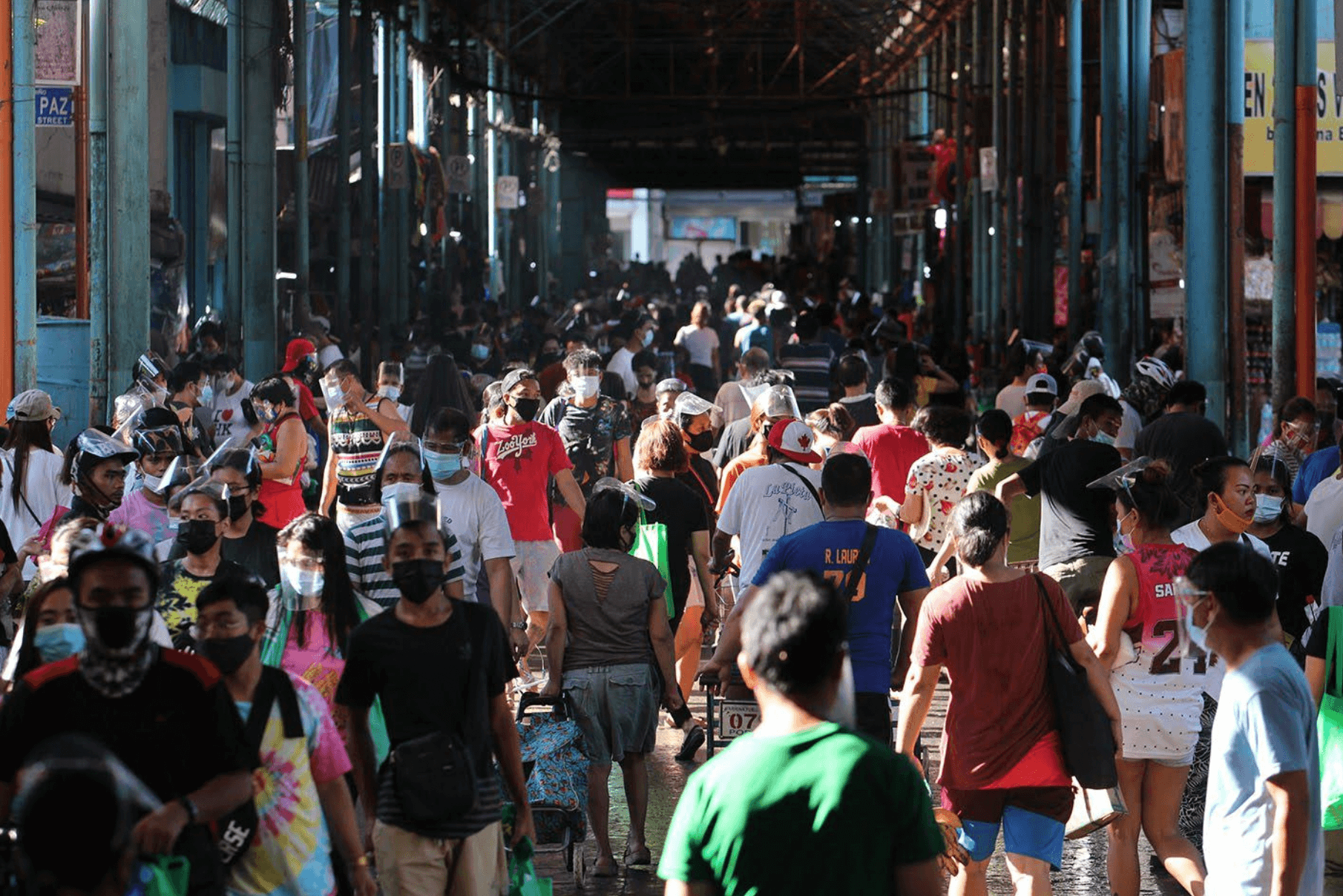PH detects first two cases of COVID-19 variant from India
The Philippines has recorded its first two cases of the COVID-19 variant first detected in India, the Department of Health (DOH) confirmed Tuesday.
The World Health Organization has classified the B.1.617 variant as a variant of global concern after preliminary studies indicated that it spreads more easily.
According to the DOH, two returning overseas Filipino workers with no travel history to India tested positive for the B.1.617 variant.

The first case is a 37-year-old male, a sea-based OFW who came from Oman. He arrived in the country on April 10 and was isolated in a hotel within NCR. After he recovered on April 26, he underwent additional home quarantine until May 10. His RT-PCR results from May 3 came out negative. He is currently asymptomatic and is in Region 12.
The second case is a 58-year-old male, who is a sea-based OFW who arrived from the United Arab Emirates on April 19. He was isolated at a temporary treatment and monitoring facility in Clark Freeport Zone in Pampanga, where he recovered on May 6. He is currently asymptomatic and is in Region V.
The two cases have no identified close contacts, said DOH Epidemiology Bureau director Dr. Althea de Guzman in a press briefing, as the patients were subjected to quarantine upon arrival and have been in isolation until their recovery.
To prevent the entry of the new variants, the country has imposed a temporary travel ban on incoming passengers from India, Pakistan, Nepal, Bangladesh, and Sri Lanka until May 14.
Stricter protocols on inbound travelers are also in place. All incoming passengers are required to undergo a mandatory 14-day quarantine upon arrival. The first 10 days of the quarantine should be done in a quarantine facility and the remaining four days should be completed at home with supervision of the local government units. An RT-PCR test will be done on the seventh day from their arrival.
The B.1.617 variant was first detected in India in October 2020 and currently has at least 15 known mutations. At present, it is detected in 46 countries based on the global genome database.
The B.1.617 variant is among the variants of global concern designated by the World Health Organization, including those that originated in the UK, South Africa and Brazil, cases of which were also reported in the Philippines.


